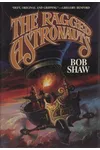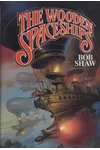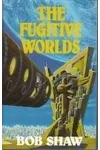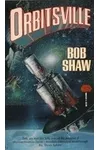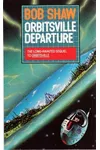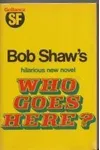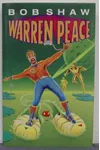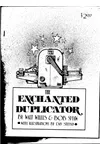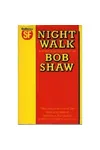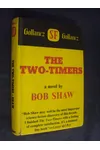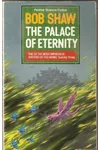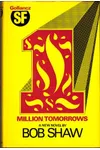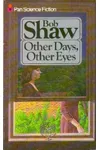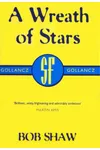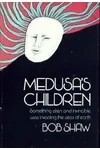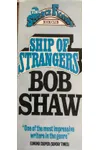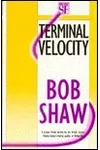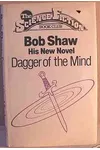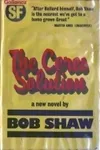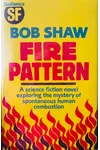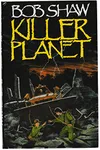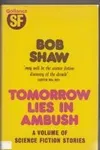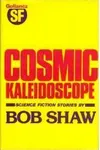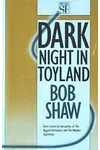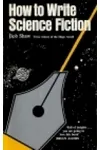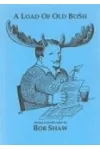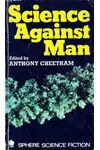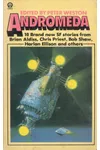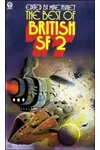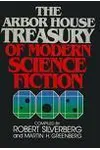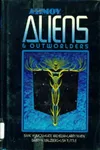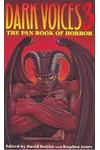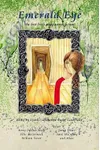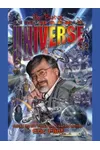Picture a Belfast-born dreamer who spun tales of 'slow glass' and balloon-powered space adventures—meet Bob Shaw! This Northern Irish science fiction author, born in 1931, captivated readers with his wit, originality, and mind-bending concepts. A two-time Hugo Award winner, Shaw’s stories blended hard science with human drama, earning him a cherished spot in the sci-fi pantheon before his passing in 1996.
From his early days in Belfast to his global influence, Shaw’s journey was as fascinating as his fiction. His knack for turning scientific speculation into gripping narratives made him a standout, even among giants like Asimov and Clarke. Let’s dive into the life and legacy of this visionary storyteller.
The Making of Bob Shaw
Born on December 31, 1931, in Belfast, Bob Shaw grew up in a world buzzing with imagination. As a child, he devoured American sci-fi magazines left behind by WWII troops, with A.E. van Vogt’s stories sparking a lifelong passion. He attended Belfast College of Technology but left at 17 to work as an apprentice draughtsman, later becoming a structural engineer and aircraft designer. In 1950, he joined Irish Fandom, rubbing shoulders with fellow sci-fi writer James White and fanzine legend Walt Willis. This vibrant community shaped his early writing, earning him the nickname 'BoSh' and a platform for his witty fan contributions.
Shaw’s first professional story, 'Aspect,' hit Nebula Science Fiction in 1954, marking the start of a prolific career. Despite a brief hiatus to live in Canada with his first wife, Sadie, and their three children from 1956 to 1958, he returned to writing with renewed vigor, balancing day jobs in journalism and public relations until becoming a full-time author in 1975.
Bob Shaw’s Unforgettable Stories
Shaw’s fiction was a masterclass in blending hard science with emotional depth. His most iconic work, 'Light of Other Days' (1966), introduced 'slow glass,' a material that delays light, letting viewers glimpse the past. This haunting short story, written in just four hours after years of planning, earned a Hugo Award nomination and inspired the novel Other Days, Other Eyes (1972). Fans and critics alike praised its poignant exploration of memory and perception.
The Orbitsville trilogy (1975–1990) showcased Shaw’s knack for big ideas. The series follows a spaceship pilot discovering a Dyson Sphere—a star-encasing habitat with room for billions. Awarded the 1976 British Science Fiction Award, Orbitsville tackled themes of exploration and societal upheaval. Equally compelling, the Land and Overland trilogy (1986–1989), starting with The Ragged Astronauts, depicted twin planets linked by a shared atmosphere, where humans flee ecological collapse via hot air balloons. This blend of adventure and environmental commentary felt strikingly prescient.
Shaw’s style was accessible yet profound, often laced with humor. Works like The Palace of Eternity (1969) and Who Goes Here? (1977) ranged from cosmic epics to satirical romps, reflecting his versatility. His fascination with perception, influenced by near-blindness from illness and migraines, wove through his stories, making them resonate on a deeply human level.
Why Bob Shaw Matters
Bob Shaw’s impact on science fiction lies in his ability to make the fantastical feel relatable. His 'slow glass' concept influenced countless writers and even inspired Marvel Comics adaptations. A beloved figure in fandom, Shaw’s 'Serious Scientific Talks' at conventions—humorous speeches later collected in books—earned him Hugo Awards for Best Fan Writer in 1979 and 1980. His wit and warmth made him a convention favorite, bridging the gap between fans and pros.
Despite personal struggles, including health issues and alcoholism, Shaw’s legacy endures. His novels, translated into multiple languages, sold over a million copies by the 1970s. For readers today, his eco-conscious themes and innovative worlds remain relevant, offering both escapism and insight. Shaw wasn’t just a writer; he was a storyteller who made the universe feel a little closer to home.
About Bob Shaw
- Born: December 31, 1931, in Belfast, Northern Ireland
- Key Works: 'Light of Other Days,' Orbitsville, The Ragged Astronauts
- Awards: Hugo Awards (1979, 1980), British Science Fiction Award (1976)
- Died: February 11, 1996, in Warrington, England
Snag a copy of Orbitsville or 'Light of Other Days' and dive into Bob Shaw’s dazzling sci-fi universe! His stories are a ticket to worlds where science and heart collide—perfect for any curious reader.
